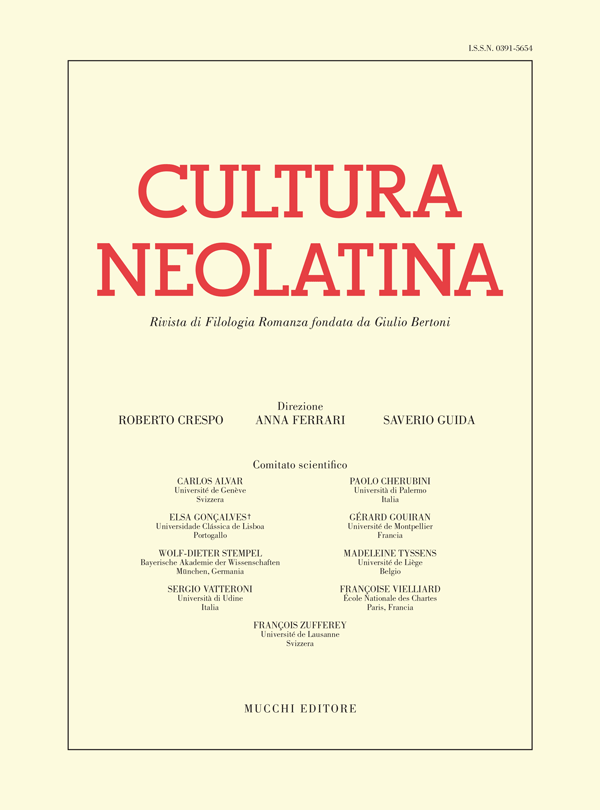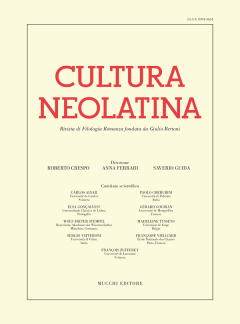Nel tentativo di squarciare i veli che hanno finora impedito l’identificazione degli autori di un certo numero di componimenti a più mani senza adeguate attribuzioni di responsabilità, è stato possibile accertare l’esistenza a Tolosa, nella prima metà del ‘200, di una poliedrica brigata di versificatori costituita di patrizi col gusto delle lettere e delle dispute loico-verbali e di cultori per mestiere dell’arte rimico-performativa, tutti impregnati di sentimenti anticlericali e antifrancesi, ideologicamente e affettivamente legati alla dinastia raimondina, vogliosi di sottrarsi alle asprezze della vita quotidiana e di riparare in una realtà ovattata in cui valeva e predominava il senso di appartenenza alla comunità ‘cortese’. Al centro di tale rete di intellettuali appassionati della scienza della parola musicata si è scoperto Guilhem Peire de Cazals, in documentati rapporti di conoscenza e frequentazione da una parte con gli esponenti più ragguardevoli della classe feudocavalleresca meridionale (in primis col signore-trovatore Arnaut de Cumenge), dall’altra con cantori di non elevata estrazione sociale (tra loro soprattutto con Bernart de la Barta) desiderosi d’accedere alle aule aristocratiche e d’ottenere un’acconcia ricompensa per le loro qualità eutrapeliche.
In an attempt to cast a light into the shadows that have so far prevented the identification of the authors of a number of poems with multiple authorship, it has been possible to ascertain the existence in Toulouse, in the first half of the thirteenth century, of a multifaceted group of poets made up of patricians with a taste for letters and verbal debate and of professional composers and performers. They are all characterized by their anticlerical and anti-French sentiments and are linked ideologically and affectively to the dynasty of the Counts of Toulouse, keen both to escape from the harshness of everyday life and to seek refuge in a cushioned world where the sense of belonging to the ‘courtly’ community still prevailed. At the heart of this network of intellectuals with a passion for the art of words in music we have discovered Guilhem Peire de Cazals, whose relationships are documented on the one hand with the most important members of the southern feudal and chivalric class (in the first place with the troubadour-lord Arnaut de Cumenge), on the other with lower-class poets (in particular with Bernart de la Barta) wishing to be introduced to aristocratic circles and to receive an adequate reward for their artistic qualities.


